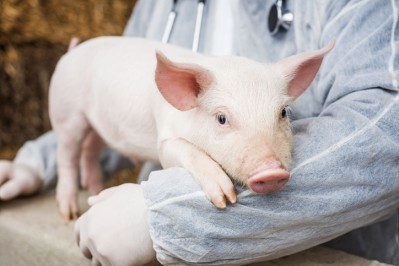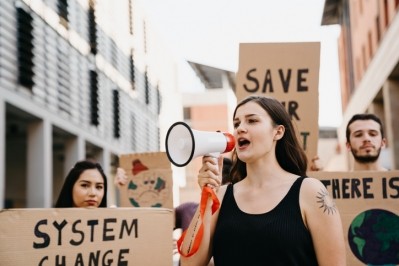US scientists awarded $5m as they look to lower methane emissions in cows

The researchers are leading a team of partners from throughout the Northeast that hopes to use algae-based feed supplements to reduce cattle’s environmental impact.
Research from Bigelow Laboratory has shown that adding algae additives to diet of cows can greatly reduce methane release.
Bigelow Laboratory began work in this field in 2019 with a grant from the Shelby Cullom Davis Charitable Fund. It said this new grant, from the same organization, will build upon the project’s success to date but add critical new components.
“We have developed ways to interrupt the mechanisms behind cattle’s methane emissions,” said Nichole Price, a senior research scientist at Bigelow Laboratory and the project lead. “Now we're going to figure out how to optimize our strategy and apply it in a way that can work globally.”
Scaling up
The new funding allows the researchers to explore solutions to the largest roadblock to the approach: scalability. The team has demonstrated success with feed trials of individual herds but addressing the emissions on a signal farm is not enough to make a real difference, the team recognizes that any such supplement must be able to be produced in large quantities and at a reasonable enough cost.
“Other groups’ research on this idea has primarily focused on a single species of seaweed that has the right effect on methane but could not be produced at the scale needed to address this problem,” Price said. “A workable solution needs to be accessible to everyone.”
Maine is home to more than 250 species of seaweed, a burgeoning aquaculture industry, and Bigelow Laboratory’s repository of algal strains from all over the globe. These elements make it an ideal testing ground for exploring algal solutions that can be applied worldwide, according to the institute.
The new funding allows the team to look into algae solutions that could realistically be produced in the quantities needed to address the global issue and create an accessible, environmentally-friendly product.
“This grant allows us to take the critical next steps in solving this problem,” Price said. “We believe that the science behind this idea is sound, but the true challenge is developing a realistic solution that can address this problem of such an incredible magnitude.”
Collaborative effort
They are collaborating widely on the effort – NutraSteward is helping the team navigate the FDA certification process and The William H Miner Agricultural Research Institute will help complete the necessary feed trials.
Students and faculty from Colby College are assisting with economics research, and collaborators from Clarkson University are evaluating the net carbon impact of the entire proposed solutions – from growing seaweed to packaging the products.








